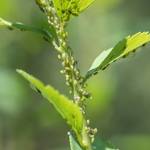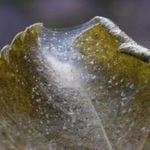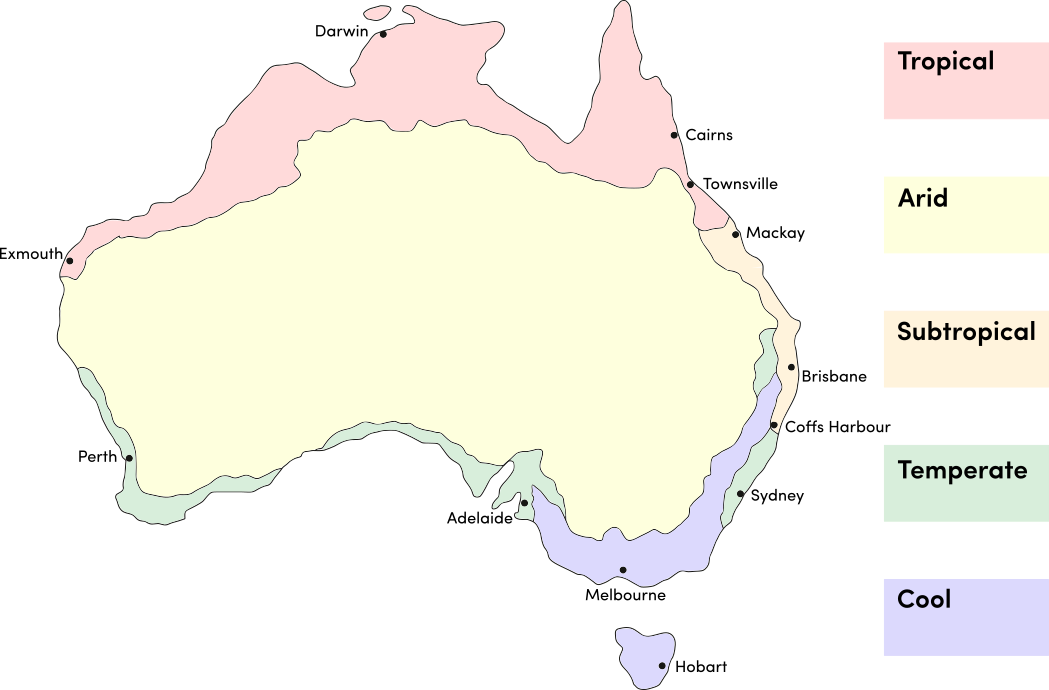
How to Grow Echinops Seeds
Grow Guide #2469
Family: Asteraceae
Binomial name: Echinops sp.
Life Cycle: Perennial
This 'How to Grow' guide details everything a home gardener needs to know to plant, grow and care for Echinops (Echinops sp.).
When to Sow Echinops Seeds
Echinops is a perennial plant that grows year round in most climates. Use the table below to identify the best time of year to sow echinops seeds in your climate.
| JAN | FEB | MAR | APR | MAY | JUN | JUL | AUG | SEP | OCT | NOV | DEC | |
|---|---|---|---|---|---|---|---|---|---|---|---|---|
| Cool | ||||||||||||
| Temperate | ||||||||||||
| Sub-Tropical | ||||||||||||
| Tropical | ||||||||||||
| Arid |
Preparation
Echinops plants are best grown in full sun. Choose a location that will receive at least 6 hours of full sun each day.
Echinops plants are perennial, meaning they live for several years. Choose a permanent position where plants can grow undisturbed by regular digging.
Echinops plants commonly self-seed in the garden. Self-seeding plants drop seeds onto the soil at the end of the season that may germinate and grow without help the following season. Choose a position where new plants will be welcome. If you do not want echinops to become established in your garden, deadhead plants before they can drop seed or grow them in containers.
Echinops plants need a well drained soil enriched with plenty of organic matter. Prepare soil by weeding it thoroughly, digging it over to loosen it and adding aged animal manure or compost. Keep the area free of weeds until planting. Learn more about preparing soil for planting here.
How to Sow Echinops Seeds
Echinops seeds do not require any treatment (eg soaking, stratification) before sowing.
Echinops seeds can be sown directly into the garden OR seedlings can be raised in trays or other containers and transplanted to the garden once established.
Sow Direct
- Sow seeds directly in the garden 1mm deep and 60cm apart.
- Keep soil moist but never wet or dry.
- Seeds should germinate in around 14-21 days at a soil temperature of 20-22°C.
- Young seedlings will need protection from pests, pets and weather until they are established.
Raise Seedlings
- Fill trays, punnets or jiffy pots with a good quality seed-raising mix, or use soil starter pellets.
- Sow seeds 1mm deep.
- Keep soil moist but never wet or dry.
- Seeds should germinate in around 14-21 days at a soil temperature of 20-22°C.
- Transplant seedlings to the garden once they have their first true leaves and are large enough to handle (usually 5-10cm tall).
- Plant out, spacing plants 60cm apart.
How to Grow Echinops
Echinops plants may need watering during the growing season. Water when the soil is dry about 5cm below the surface (test this by scratching away a little soil with your finger). Water deeply in the early morning or late afternoon. Avoid watering the leaves of plants to avoid fungal diseases. Learn more about watering here.
Echinops plants will grow in nutrient-poor soils and do not need additional fertiliser during the growing season.
Echinops plants should flower in approximately 365 days.
Deadhead echinops flowers regularly during the growing season. Using sharp secateurs or snips cut fading or dead flowers off just above a set of leaves. Removing old flowers regularly will encourage plants to produce more flowers. Learn more about deadheading flowering plants here.
If growing echinops for cut flowers, use sharp snips or secateurs to cut the longest stems possible, removing the lower leaves and placing the stems immediately in a clean bucket of water. Learn more about cutting and conditioning homegrown flowers here.
When plants have finished flowering prune them back to neaten them and encourage strong new growth. Using sharp secateurs or snips, cut individual stems just above a set of lower leaves.
Common Problems when Growing Echinops
Like all plants, echinops is susceptible to some pests, diseases and other problems. Below is a list of the most common problems gardeners encounter when growing echinops plants:
 Aphids are small (2-4mm long) sap-sucking insects that congregate on the new shoots or the undersides of leaves. They can cause leaves to wilt or become discoloured, and also excrete honeydew which can attract ants and other insect pests. To manage aphids, remove them by spraying with a garden hose, apply a soap or alcohol spray, or encourage predatory insects to your garden. Read more about aphids here.
Aphids are small (2-4mm long) sap-sucking insects that congregate on the new shoots or the undersides of leaves. They can cause leaves to wilt or become discoloured, and also excrete honeydew which can attract ants and other insect pests. To manage aphids, remove them by spraying with a garden hose, apply a soap or alcohol spray, or encourage predatory insects to your garden. Read more about aphids here. Spider mites (Tetranychus urticae), also known as two spotted mites, are sap-sucking arachnids that cause dry, wilted or discoloured leaves. The undersides of leaves may feel dry and a little like fine sandpaper. Prune plants to allow good air flow or spray with eco-oil or wettable sulphur. Learn more about managing spider mites here.
Spider mites (Tetranychus urticae), also known as two spotted mites, are sap-sucking arachnids that cause dry, wilted or discoloured leaves. The undersides of leaves may feel dry and a little like fine sandpaper. Prune plants to allow good air flow or spray with eco-oil or wettable sulphur. Learn more about managing spider mites here.


.png)



